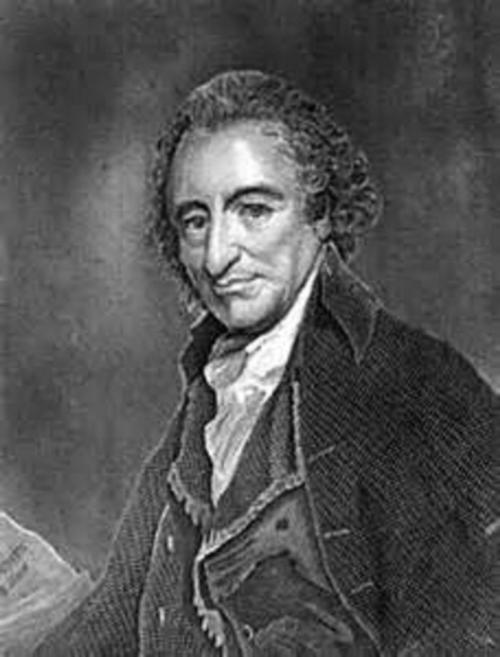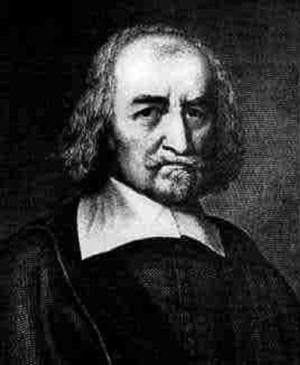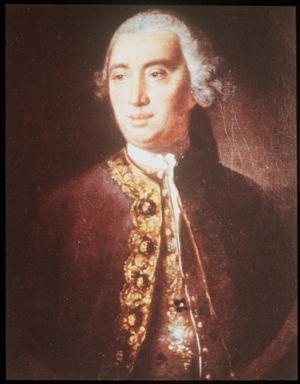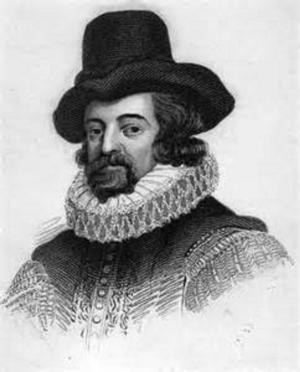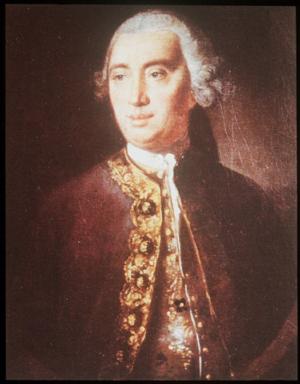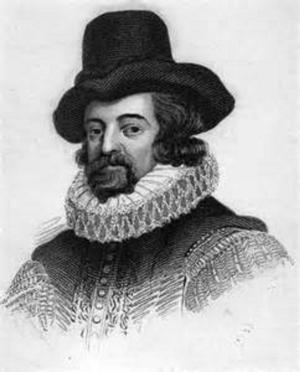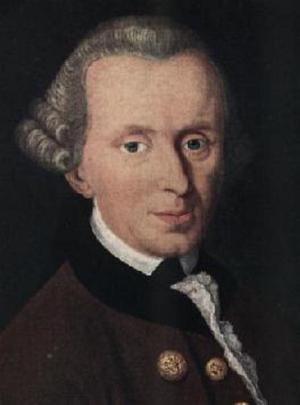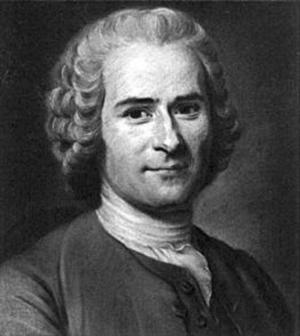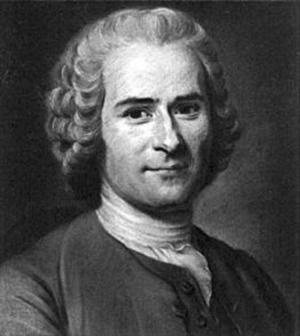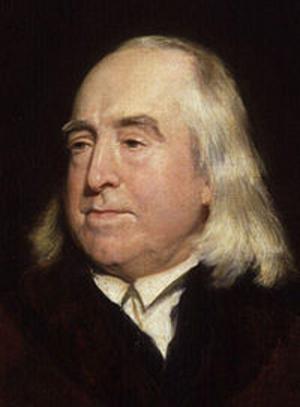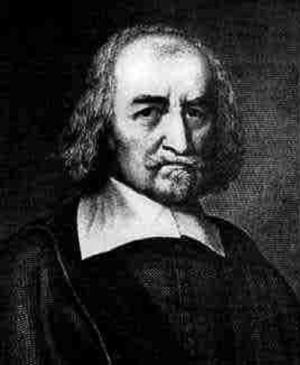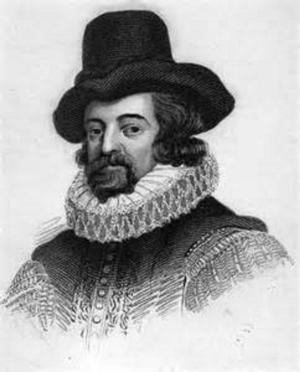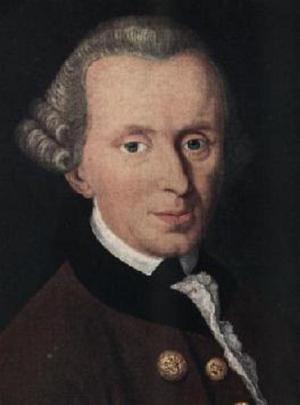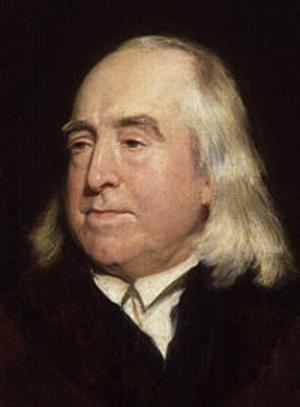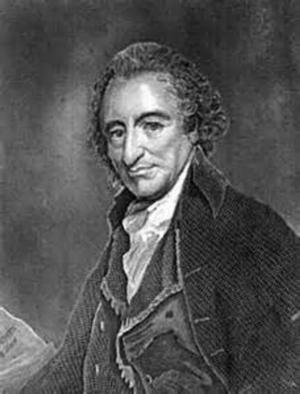Peace, and the Newfoundland Fisheries (Illustrated)
Business & Finance, Economics, Macroeconomics, Theory of Economics| Author: | Thomas Paine | ISBN: | 1230000719186 |
| Publisher: | www.WealthOfNation.com | Publication: | October 13, 2015 |
| Imprint: | Language: | English |
| Author: | Thomas Paine |
| ISBN: | 1230000719186 |
| Publisher: | www.WealthOfNation.com |
| Publication: | October 13, 2015 |
| Imprint: | |
| Language: | English |
The book has an active table of contents for easy access to each volume and section.
Thomas Paine was one of the founding fathers of the United States. He was also a political activist, philosopher, political theorist and revolutionary that is seen today in the row with the greatest thinkers such as John Locke, John Stuart Mill, Thomas Hobbes, Alexander Hamilton, George Washington, Thomas Jefferson, and Benjamin Franklin. Their collected thoughts have had strong influence on building the foundation of the United States and its endeavor of open society.
In 1779, Great Britain proposed the peace between England and the United States. In the proposal, English insisted that the United States surrendered its fishing rights to the Newfoundland banks. Gouverneur Morris, a founding Father of the United States, upheld the British contention and suggested that the Americans should not insist on the right to the fisheries. However, Paine opposed the idea in three letters to Gouverneur Morris through the Pennsylvania Gazette and insisted that our fishing right was a natural right. Seeing that it was an important issue, Paine contended that America would not really be independent if the United States gave up the fisheries. Paine pointed out in the letters that "Without the fisheries, American independence would be a bubble," and "There are but two natural sources of wealth and strength-the Earth and the Ocean -and to lose the right of either is, in our situation, to put up the other to sale."
His astonishing observation in the collection that "the seeds of almost every former war have been sown in the injudicious or defective terms of the preceding peace" influenced John Keynes writing the work THE ECONOMIC CONSEQUENCES OF THE PEACE and Thorstein Veblen writing AN INQUIRY INTO THE NATURE OF PEACE AND THE TERMS OF ITS PERPETUATION. Paine is credited to lay the foundation for the theory of Peace, War, and Economy that were pioneered by John Keynes and Thorstein Veblen. The collection is the source of Paine's economic views about peace, war, and economy.
On September 23, 2015 , Chinese President Xi Jinping, the powerful leader of the last and largest communist country in the world, visited the United States and claimed to American people that he enjoyed reading the books by Thomas Paine. Interestingly, this reminded American people that in 1800 Paine had a meeting with Napoleon in Paris. Napoleon also claimed he slept with a copy of Rights of Man under his pillow and told Paine that "a statue of gold should be erected to you in every city in the universe." However, Paine’s response to Napoleon’s progress towards dictatorship was: "the completest charlatan that ever existed". Although Thomas Paine cannot directly respond to the president Xi Jinping’s praise of his books today, former secretary of the United States Hillary Clinton responded on September 27, 205 during Xi’s same U.S. trip to UN in the United States "Xi hosting a meeting on women's rights at the UN while persecuting feminists? Shameless". Hillary’s response to President Xi Jinping is almost repeating Paine’s response to Napoleon again.
Thomas Paine is forever remembered as a philosopher, political theorist and revolutionary through his extremely influential works. His books are the wakeup call to the self-indulged dictators. His view to the real world became widely recognised as the foremost philosophical and political voice of freedom. His theory still remains true and his spirit of hard core to challenge the establishments still inspires the young generations around the world to build and evolve our democratic systems around worlds for a better future. Paine’s influence has been felt in nearly every field of the humanities and sciences.
This book is one of the most important ones about the thoughts natural right, freedom, human rights, and economy by Thomas Paine, one of the greatest thinkers of modern political philosophy on the planet.
The book has an active table of contents for easy access to each volume and section.
Thomas Paine was one of the founding fathers of the United States. He was also a political activist, philosopher, political theorist and revolutionary that is seen today in the row with the greatest thinkers such as John Locke, John Stuart Mill, Thomas Hobbes, Alexander Hamilton, George Washington, Thomas Jefferson, and Benjamin Franklin. Their collected thoughts have had strong influence on building the foundation of the United States and its endeavor of open society.
In 1779, Great Britain proposed the peace between England and the United States. In the proposal, English insisted that the United States surrendered its fishing rights to the Newfoundland banks. Gouverneur Morris, a founding Father of the United States, upheld the British contention and suggested that the Americans should not insist on the right to the fisheries. However, Paine opposed the idea in three letters to Gouverneur Morris through the Pennsylvania Gazette and insisted that our fishing right was a natural right. Seeing that it was an important issue, Paine contended that America would not really be independent if the United States gave up the fisheries. Paine pointed out in the letters that "Without the fisheries, American independence would be a bubble," and "There are but two natural sources of wealth and strength-the Earth and the Ocean -and to lose the right of either is, in our situation, to put up the other to sale."
His astonishing observation in the collection that "the seeds of almost every former war have been sown in the injudicious or defective terms of the preceding peace" influenced John Keynes writing the work THE ECONOMIC CONSEQUENCES OF THE PEACE and Thorstein Veblen writing AN INQUIRY INTO THE NATURE OF PEACE AND THE TERMS OF ITS PERPETUATION. Paine is credited to lay the foundation for the theory of Peace, War, and Economy that were pioneered by John Keynes and Thorstein Veblen. The collection is the source of Paine's economic views about peace, war, and economy.
On September 23, 2015 , Chinese President Xi Jinping, the powerful leader of the last and largest communist country in the world, visited the United States and claimed to American people that he enjoyed reading the books by Thomas Paine. Interestingly, this reminded American people that in 1800 Paine had a meeting with Napoleon in Paris. Napoleon also claimed he slept with a copy of Rights of Man under his pillow and told Paine that "a statue of gold should be erected to you in every city in the universe." However, Paine’s response to Napoleon’s progress towards dictatorship was: "the completest charlatan that ever existed". Although Thomas Paine cannot directly respond to the president Xi Jinping’s praise of his books today, former secretary of the United States Hillary Clinton responded on September 27, 205 during Xi’s same U.S. trip to UN in the United States "Xi hosting a meeting on women's rights at the UN while persecuting feminists? Shameless". Hillary’s response to President Xi Jinping is almost repeating Paine’s response to Napoleon again.
Thomas Paine is forever remembered as a philosopher, political theorist and revolutionary through his extremely influential works. His books are the wakeup call to the self-indulged dictators. His view to the real world became widely recognised as the foremost philosophical and political voice of freedom. His theory still remains true and his spirit of hard core to challenge the establishments still inspires the young generations around the world to build and evolve our democratic systems around worlds for a better future. Paine’s influence has been felt in nearly every field of the humanities and sciences.
This book is one of the most important ones about the thoughts natural right, freedom, human rights, and economy by Thomas Paine, one of the greatest thinkers of modern political philosophy on the planet.
